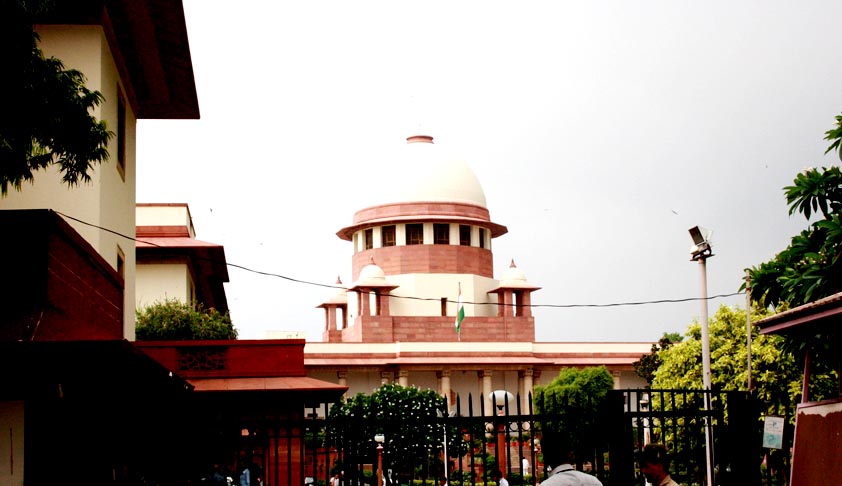A petition by two Associations representing the Deaf and Dumb persons seeking a writ of Mandamus directing the Central and State Governments to grant transport allowance to its government employees suffering from hearing impairment in equal with what is being given to blinds and orthopedically handicapped government employees, was heard by a Supreme Court bench of Justices K.S. Radhakrishnan...

